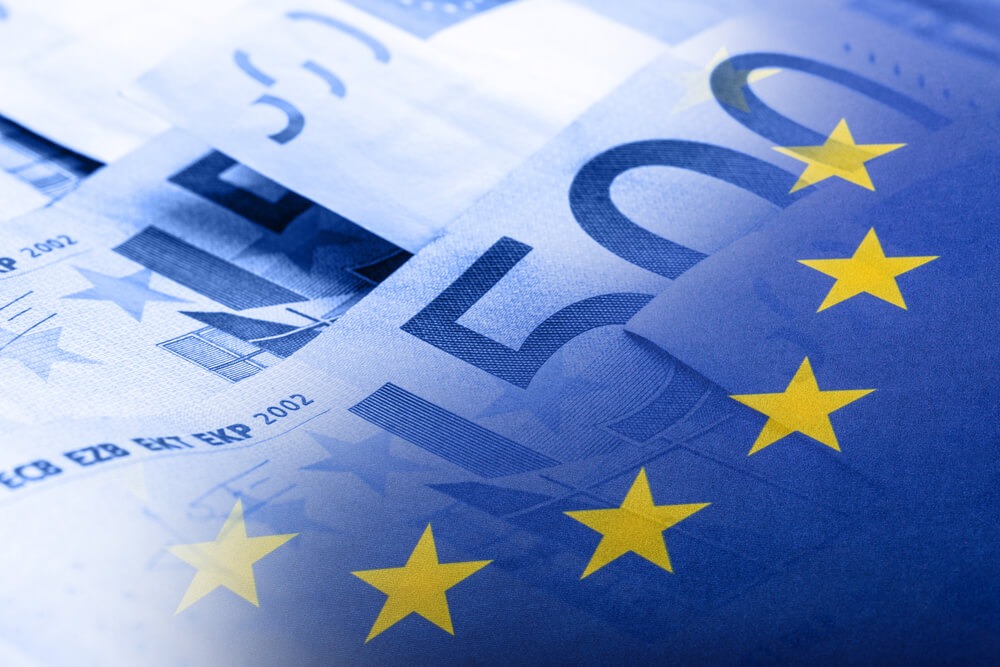Jacek Olczak, the executive director of tobacco company Philip Morris, has disclosed that the company held discussions with at least three serious potential buyers for its Russian assets. However, these negotiations were halted due to regulatory complexities. As reported by the Financial Times, the main challenges pertained to the regulations for foreign companies when selling Russian assets, especially concerning company valuation and access to cash flows.
Olczak emphasized his commitment to the shareholders, stating that he cannot hastily abandon his responsibilities in Russia. “It’s their money, not mine,” he remarked, suggesting that a transaction would be possible with a capable buyer. However, due to the lack of such a buyer and the prevailing uncertainty, he has decided to retain the assets for the time being.
The Broader Context of Multinational Companies in Russia
Despite many multinational companies committing to exiting Russia following its invasion of Ukraine, a significant number continued their operations in the country a year after the conflict began. Research by the International Institute for Management Development indicates that less than nine per cent of companies from EU and G7 countries had left Russia by the end of last year.
Imperial Brands, known for Davidoff cigarettes, quickly sold its Russian operations to a local partner after the invasion, yielding annual profits of $463 million. Meanwhile, Japan Tobacco has no plans to leave Russia. British American Tobacco is also in the process of finding a buyer for its Russian business.
Varied Responses and Market Dynamics
The varying responses of these companies to the geopolitical situation in Russia highlight the complexities faced in the global market. While some, like Imperial Brands, have successfully divested their Russian operations, others, like Japan Tobacco, have opted to continue their business in the country. This mixed approach reflects the different strategies and market dynamics that multinational companies must navigate.
In this challenging environment, businesses must weigh the potential risks and benefits of their presence in volatile markets. The decisions of these companies not only affect their financial standing but also have broader implications on international trade and market stability. As the situation evolves, these companies will likely continue to adjust their strategies to align with the changing geopolitical landscape and market conditions.














